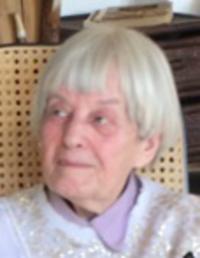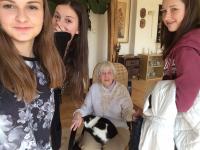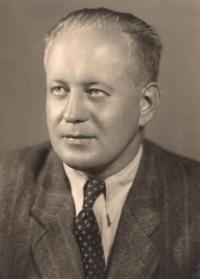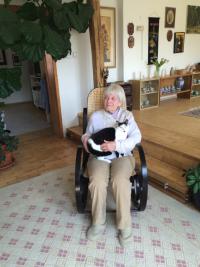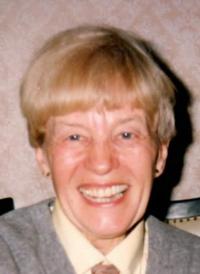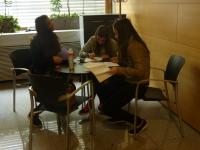I sued the Communist Party of Czechoslovakia
Božena Volková was born on 24 November 1930. She attended primary school in Benešov and continued her studies at grammar school. Her brother emigrated to America in 1948. After passing her graduation exams in 1950 she was arrested and imprisoned for two years for failing to report her father, who was later sentenced to ten years of hard labour in the Jáchymov uranium mines for high treason and espionage. After her release Božena Volková wanted to study languages at university, but her application was turned down and she could not even find any employment. She appealed against the sentence that had convicted her, and eight years later she won the dispute. She found a job in the disabled cooperative Obzor (Horizon), and became its manager two years later. She worked at Obzor until her retirement. She lives in Prague.

